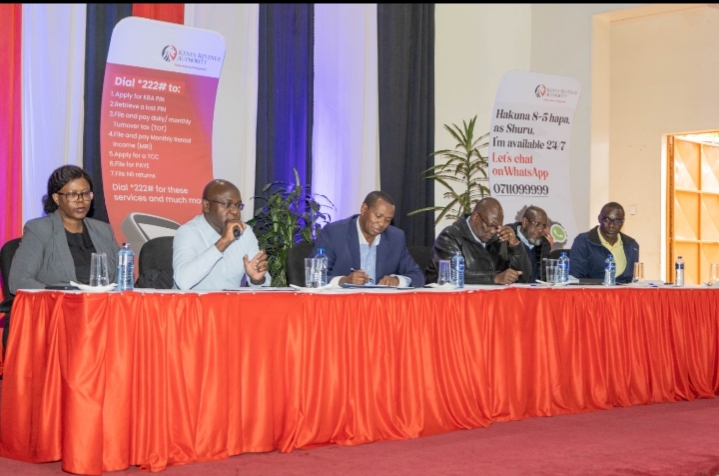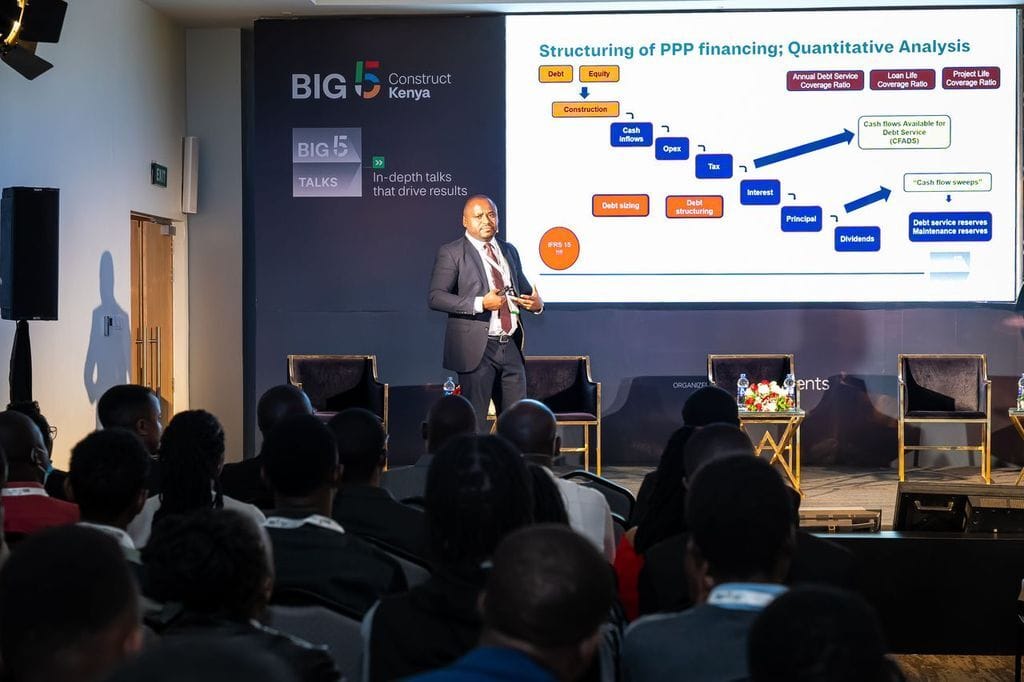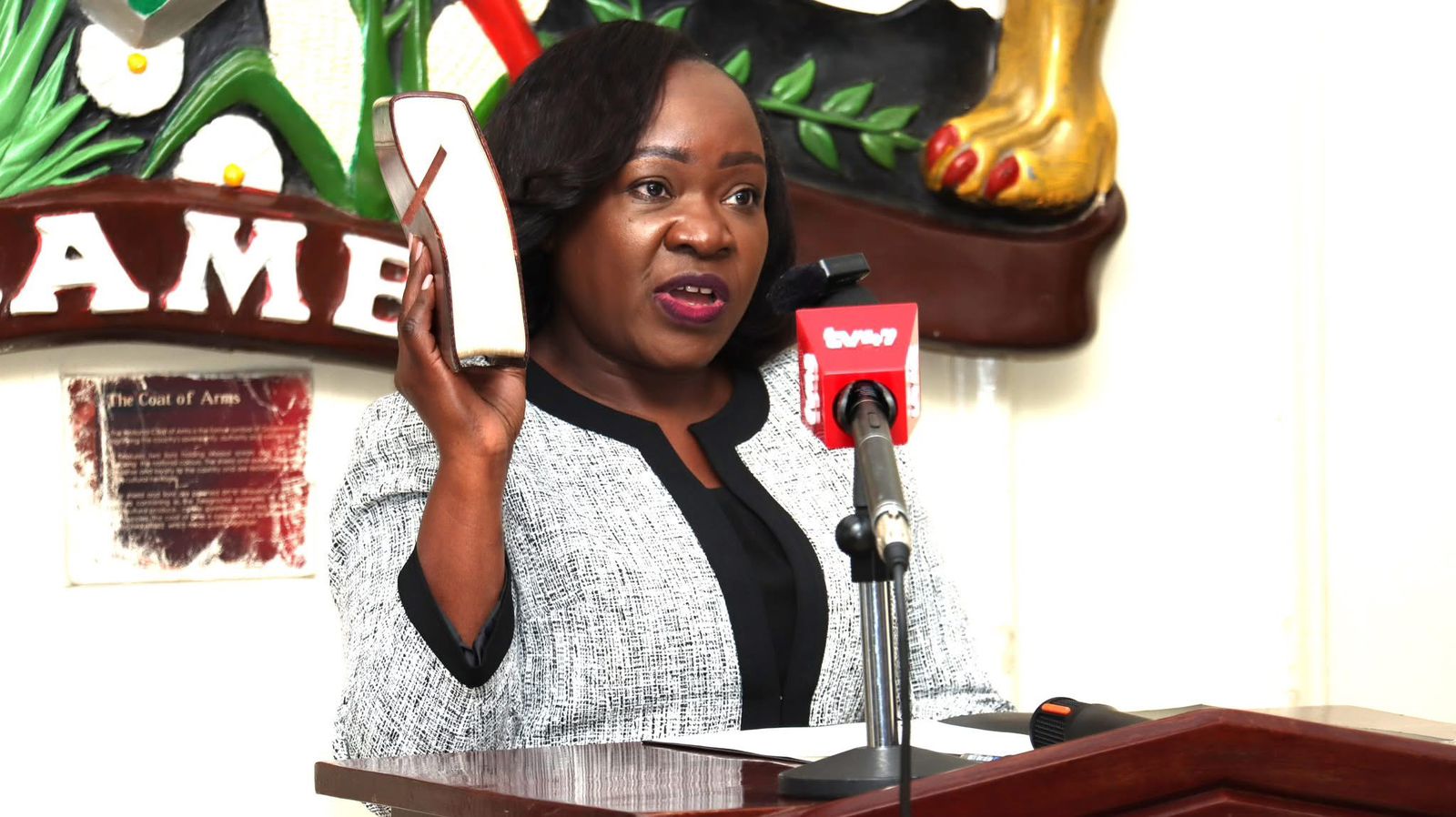EPRA Unveils New Petroleum Regulations to Strengthen Safety, Efficiency, and Environmental Protection

The Energy and Petroleum Regulatory Authority (EPRA) has unveiled a comprehensive set of new petroleum regulations aimed at transforming Kenya’s energy sector through enhanced safety, operational efficiency, and environmental protection.
Speaking during the launch of the Petroleum Regulations, 2025, in Nairobi, EPRA Director General Daniel Kiptoo says the reforms mark a major milestone in the modernization of Kenya’s petroleum industry and align it with international best practices. He says the new measures are part of broader government efforts to promote public health, reduce deforestation, cut carbon emissions, and ensure that petroleum operations in the country are conducted sustainably and transparently.
“These new regulations are designed to create a safer, more transparent, and efficient petroleum sector that works for all Kenyans,” Kiptoo says. “We want to make sure that from the moment petroleum products enter the country to the time they reach consumers, every step is governed by clear standards and accountability.”
The Petroleum Regulations, 2025, introduce a unified framework that governs every stage of the petroleum value chain — from importation and licensing to transportation, storage, quality control, and data management. According to EPRA, the reforms aim to eliminate inefficiencies, enhance transparency, attract investors, and guarantee a stable and reliable supply of petroleum products in the market.
The Petroleum (Importation) (Amendment) Regulations, 2025, together with the Petroleum (Business Licensing and Petroleum Logistics Facility Construction Permit) Regulations, 2025, streamline and unify the importation and licensing processes within the petroleum sector. By simplifying procedures and setting clear standards for logistics infrastructure, the laws are expected to reduce operational bottlenecks, improve efficiency, and ensure a more predictable supply chain.
Kiptoo says the framework eliminates unnecessary bureaucracy that has historically slowed down petroleum operations. “We are reducing red tape to create a fair and transparent operating environment that promotes competition, attracts investors, and guarantees fuel availability across the country,” he notes.
The Petroleum (Licensing of Petroleum Road Transportation Business) Regulations, 2025, focus on safety in the transportation of petroleum products by setting firm requirements for transport operators and aligning them with national safety standards. EPRA explains that these measures are intended to minimize risks such as oil spills, fires, and road accidents that have in the past resulted in loss of lives and property.
“These measures ensure that petroleum transporters operate responsibly and sustainably, protecting both lives and property while preserving our environment,” Kiptoo emphasizes.
The Petroleum (Operation of Common User Petroleum Facilities) Regulations, 2025, provide guidelines to strengthen the management and utilization of shared infrastructure such as pipelines and storage terminals. EPRA says the rules promote equitable access, fair competition, and efficiency while maintaining the highest safety and environmental standards.
“Shared facilities must be operated in a way that benefits all players fairly,” Kiptoo says. “These regulations ensure that Kenya’s petroleum infrastructure supports both large and small industry players without discrimination.”
To enhance data management and sector transparency, the Petroleum (Information and Statistics) Regulations, 2025, establish a framework for the accurate collection, analysis, and dissemination of petroleum data on production, importation, distribution, and consumption. EPRA says this will promote informed decision-making, foster investor confidence, and enhance accountability.
“Energy data is a national asset. We must manage it responsibly to build investor confidence and improve policy decisions,” Kiptoo adds.
The Petroleum (Products Quality Management) Regulations, 2025, set strict quality standards to ensure that all refined petroleum products handled in Kenya meet both national and international specifications. Every refined product imported for local consumption or transit must comply with the Kenya Standard or internationally approved specifications endorsed by the Kenya Bureau of Standards (KEBS). Products transported through the national pipeline system must also meet the minimum operational standards set by the pipeline operator.
EPRA says this quality framework will eliminate fuel adulteration, safeguard consumer interests, and protect the environment. The Petroleum (Lubricants Facility Construction and Business Licensing) Regulations, 2025, and the Petroleum (Retail Dispensing Site Construction and Licensing) Regulations, 2025, also introduce robust standards for lubricant facilities and retail stations to ensure consumer safety and promote operational excellence in petroleum retail.
Kiptoo says the introduction of these comprehensive petroleum regulations reaffirms EPRA’s commitment to fostering a clean, competitive, and well-governed energy sector. “Our goal is to build a petroleum industry that is globally competitive, environmentally conscious, and beneficial to all Kenyans,”





